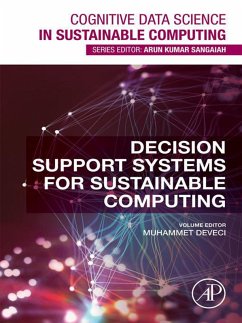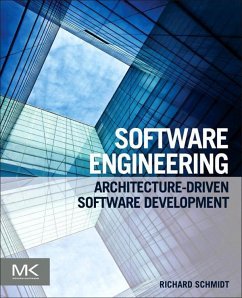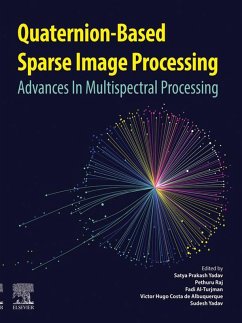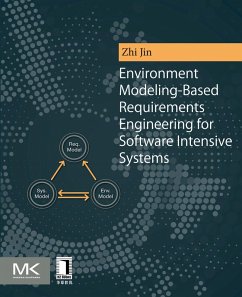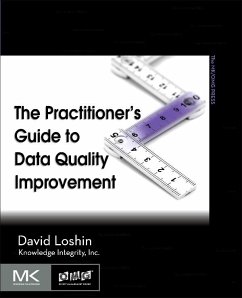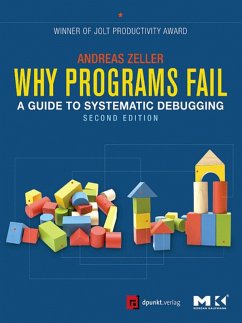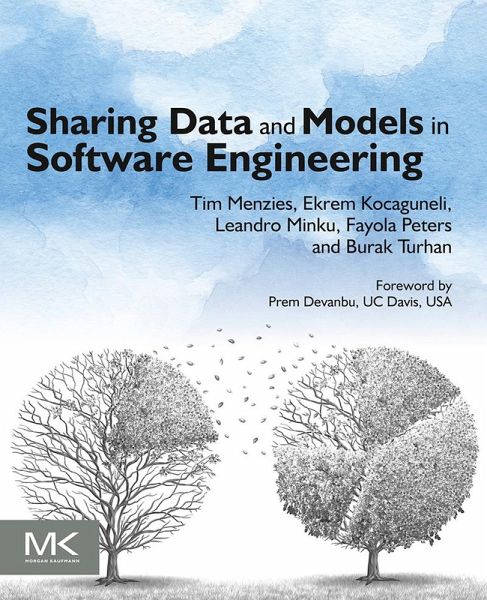
Sharing Data and Models in Software Engineering (eBook, ePUB)
Versandkostenfrei!
Sofort per Download lieferbar
50,95 €
inkl. MwSt.
Weitere Ausgaben:

PAYBACK Punkte
25 °P sammeln!
Data Science for Software Engineering: Sharing Data and Models presents guidance and procedures for reusing data and models between projects to produce results that are useful and relevant. Starting with a background section of practical lessons and warnings for beginner data scientists for software engineering, this edited volume proceeds to identify critical questions of contemporary software engineering related to data and models. Learn how to adapt data from other organizations to local problems, mine privatized data, prune spurious information, simplify complex results, how to update mode...
Data Science for Software Engineering: Sharing Data and Models presents guidance and procedures for reusing data and models between projects to produce results that are useful and relevant. Starting with a background section of practical lessons and warnings for beginner data scientists for software engineering, this edited volume proceeds to identify critical questions of contemporary software engineering related to data and models. Learn how to adapt data from other organizations to local problems, mine privatized data, prune spurious information, simplify complex results, how to update models for new platforms, and more. Chapters share largely applicable experimental results discussed with the blend of practitioner focused domain expertise, with commentary that highlights the methods that are most useful, and applicable to the widest range of projects. Each chapter is written by a prominent expert and offers a state-of-the-art solution to an identified problem facing data scientists in software engineering. Throughout, the editors share best practices collected from their experience training software engineering students and practitioners to master data science, and highlight the methods that are most useful, and applicable to the widest range of projects. - Shares the specific experience of leading researchers and techniques developed to handle data problems in the realm of software engineering - Explains how to start a project of data science for software engineering as well as how to identify and avoid likely pitfalls - Provides a wide range of useful qualitative and quantitative principles ranging from very simple to cutting edge research - Addresses current challenges with software engineering data such as lack of local data, access issues due to data privacy, increasing data quality via cleaning of spurious chunks in data
Dieser Download kann aus rechtlichen Gründen nur mit Rechnungsadresse in A, B, BG, CY, CZ, D, DK, EW, E, FIN, F, GR, HR, H, IRL, I, LT, L, LR, M, NL, PL, P, R, S, SLO, SK ausgeliefert werden.




